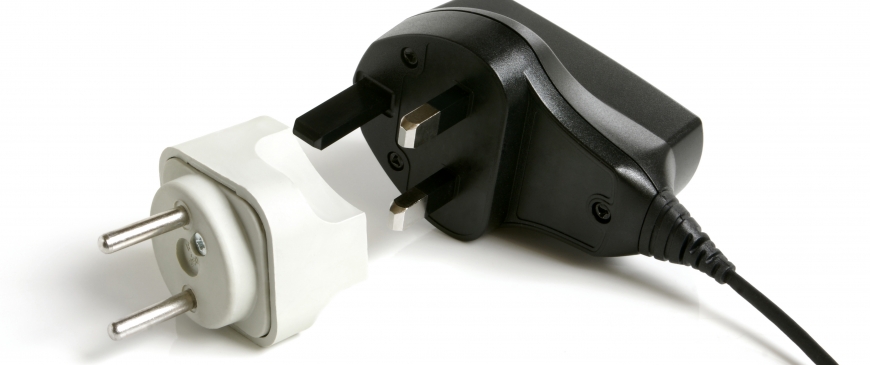
Review: Plugging In the British: Completing the Circuit
Brexit has proved surprisingly difficult to implement, not just in economic affairs, where analysts always expected problems, but in many other areas, too. The EU quietly co-ordinates European policy on development, human rights, sanctions, policing, human trafficking, external border control, military missions, diplomacy, the un, defense industries, cybersecurity, intelligence sharing, space exploration, scientific research, judicial cooperation, and much more.
Many of these policies were created with strong British support. So Brexiteers confront the same basic dilemma that they face on economic issues: defending vital British interests requires that most co-operation with Europe remain unchanged, yet domestic politics dictates that the final result be spun as something totally new.
Even limiting the exercise to mere political rebranding requires changes in the legal form or underlying substance of thousands of rules, regulations, and procedures. Since it would be unacceptable to the other 27 EU members for London to pick and choose when and how it co-operates with its neighbors, the result has been a series of deadlocked talks.
This tidy little report summarizes the major issues. The authors show that sober negotiations could preserve most current co-operation under another name—but that the changes that must occur will generally disadvantage the United Kingdom.
